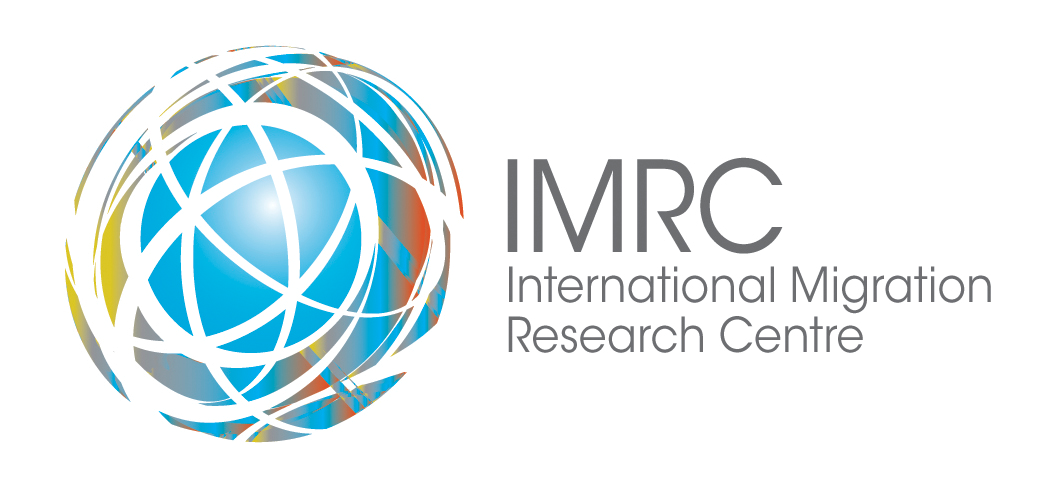Document Type
Policy Points
Publication Date
6-2019
Department
Faculty of Social Work
Abstract
The conflict in Syria has been described as the largest humanitarian crisis to date. Ongoing for over eight years, the conflict has resulted in over five million refugees and 6.6 million people internally displaced within the borders of Syria. Most refugees from Syria have been displaced to neighbouring countries such as Jordan, Turkey, Iraq, and Lebanon. Lebanon is host to over one million Syrian refugees. Prior to the Syrian crisis, Lebanon was struggling economically, which has since exacerbated anti-refugee sentiment and government policies that aim to discourage Syrians from seeking refuge in Lebanon. Within Lebanon, Syrian families are challenged with high rates of poverty, restrictive governmental policies and regulations, a lack of affordable housing and health care, food insecurity, and family violence. These challenges have a destabilizing effect on Syrian families, impacting the mental health of parents as well as their ability to meet their families’ basic needs. This policy brief draws on research conducted with Syrian families in Lebanon to highlight policy points to address the impacts of economic precarity on the health and well-being of Syrian families. The lessons drawn from this research can be applied both within areas of displacement and in post-resettlement settings where issues of economic precarity can often persist.
Recommended Citation
B. Akesson and D. Badawi (2019). Economic Precarity among Syrian Refugee Families Living in Lebanon: Policy Recommendations to Restore Hope in the Context of Displacement. Waterloo, ON: International Migration Research Centre. Policy Points, Issue XV.


